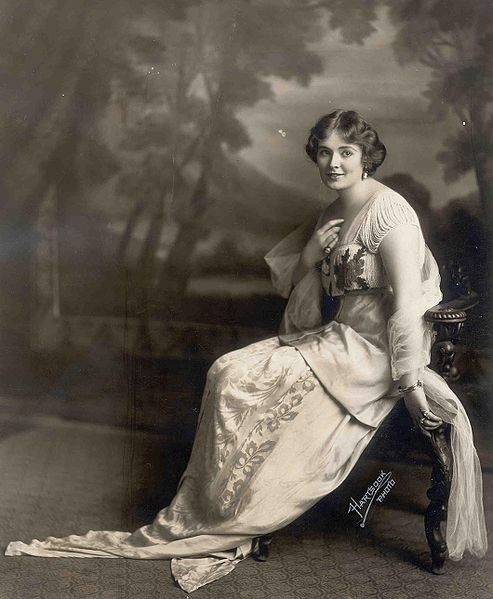 |
| From Digital Deli Too |
I've got eight words to describe this movie:
Too
Much
Everybody
Else
Not
Enough
Lupe
Vélez
Mayme (played by Marjorie Rambeau) walks out on her husband, Pete Palooka (Robert Armstrong), after he wins the middleweight championship and shows his proclivity for life in the fast lane. She raises son Joe (Stuart Erwin) on a farm, by herself. When slippery fight manager Knobby Walsh (Jimmy Durante) happens to discover Joe's surprising punching power, he signs him. With current champion Al McSwatt (William Cagney) needing an easy opponent, Walsh gets Joe the fight. Palooka steals the championship (and girlfriend Nina Madero--played by Lupe Vélez) from McSwatt when McSwatt shows up for the fight drunk. Now it's Joe's turn to live in the fast lane, winning fights (that are set ups by Walsh) and drinking hard with vamp Nina. However, when McSwatt and his manager trick Joe into a rematch, it's time to test his real boxing talent. [IMDb]
Story/Writing
Ah, this movie was okay, I guess. Nothing to write home email mom about. It hit the ground running, but began gasping for air within about thirty minutes.
The storyline was actually a pretty genius idea (could actually be drawn from the comic strip, though), well written, but I was borrrred. I didn't feel any sort of connection to the characters--no sympathy, no irritation, nothing.
Characters/Acting
No one really gave a "bad" performance in this movie, but very few gave memorable performances. If given more to his role, I think William Cagney (as "Al McSwatt") could have really brought a certain edginess to the film.
 |
| James' look-a-like little brother, William Cagney (Find-A-Grave) |
Any woman could have played the "vamp" character, Nina, in this movie, but only Lupe Vélez could leave the character's dialogue ringing in your ears. By this time Lupe Vélez had already been established as the go-to actress for beautiful and hot-tempered characters, so of course, Palooka relied heavily on the "fiery Latina" trope with the thick accent to make this character memorable. Actually, to be more specific and honest--Lupe Vélez is more memorable than Nina Madero.
 |
| From Wikipedia |
Although I was excited about seeing Lupe, I must say that the character and actress that really stood out for me was "Mayme", played by Marjorie Rambeau. Her character was more multi-dimensional--she was a loving and concerned mother (and potential mother-in-law) and she was also a scorned wife. She was telling people off one minute, then fixing her hair the next. She was the only character I really "connected" with.
 |
| Marjorie Rambeau in 1915 |
I must also add that legends Louise Beavers and Fred "Snowflake" Toones were also in this movie, but for no more than about two minutes each. Thankfully, they actually received credit for their roles, though.
Cinematography/Direction
Those in charge of the "look" of this film really did take advantage of the spaces and how they related to the characters. We got various views of different settings in the movie--from tight shots of tight spaces in a boxer's dressing room to wide shots of the spacious rooms that made up Nina's lavish apartment.
Set and costume design was pretty glam, too.
************
Overall Thoughts
Like I stated before, this isn't exactly the most exciting movie I've ever seen. I wouldn't steer anyone clear from it, but I wouldn't be anxious to point them into its direction either. If you're interested in the Joe Palooka comic strip and any of its adaptations, I'd recommend it, I guess.
************
All of the images in this post are being used for informational purposes only. If the rightful owner(s) of any of these images wishes to have them removed, please contact me, and I will do so immediately.
*Note*
I am aware that not every Latin(a/o) is a person of color/doesn't descend from the indigenous people of what is now known as "Latin America". However, I, Adrienne, moderator of this blog, am always willing to go out on a limb for the sake of helping to preserve the legacies and celebrate the talents of Latin(a/o) performers whose names have gone forgotten, even if it means (accidentally or on rare occasions, intentionally) honoring descendants of Spain or Portugal on "People of Color in Classic Film".
No comments:
Post a Comment
Rude comments will be deleted. Irrelevant comments will be ignored.